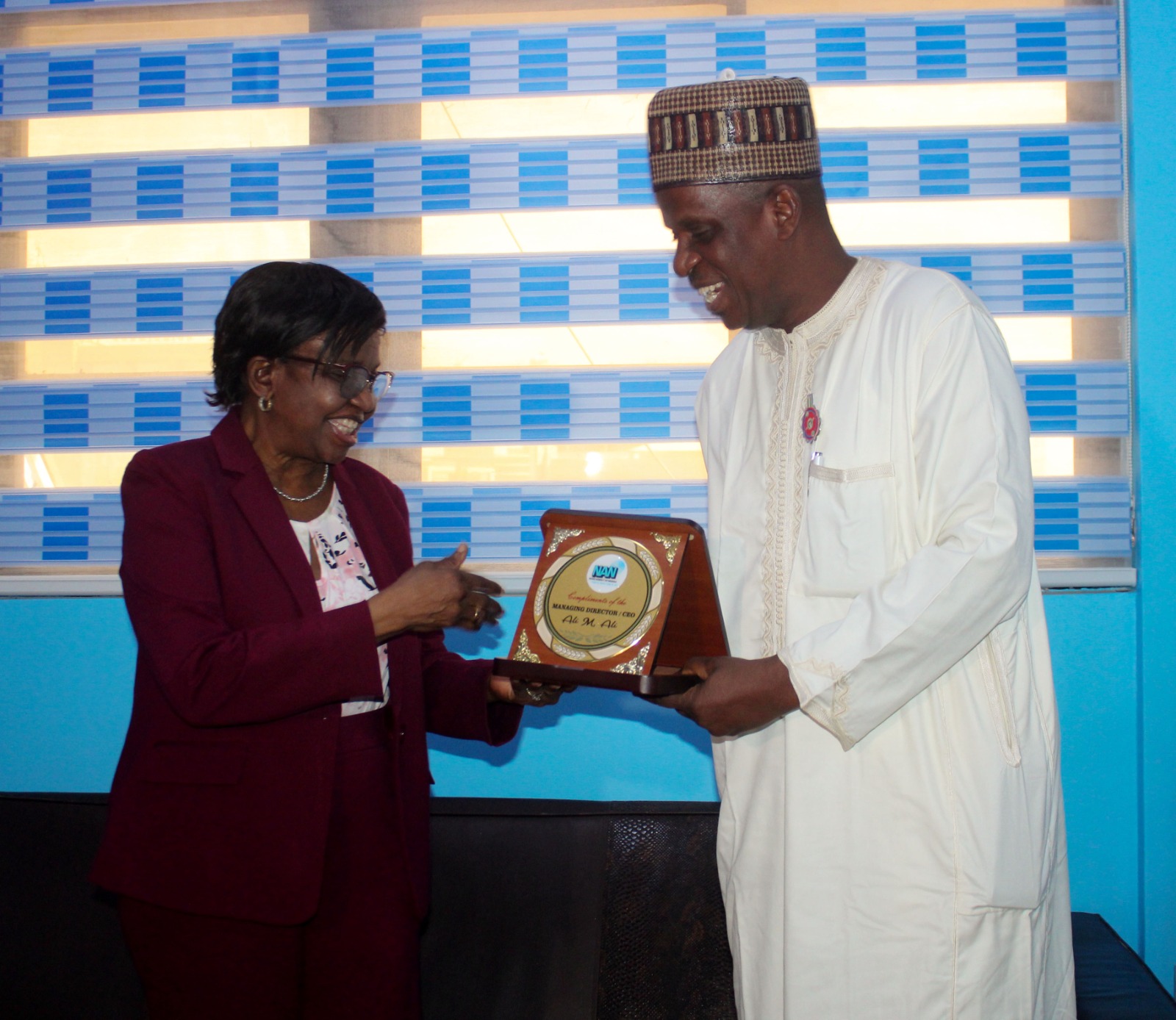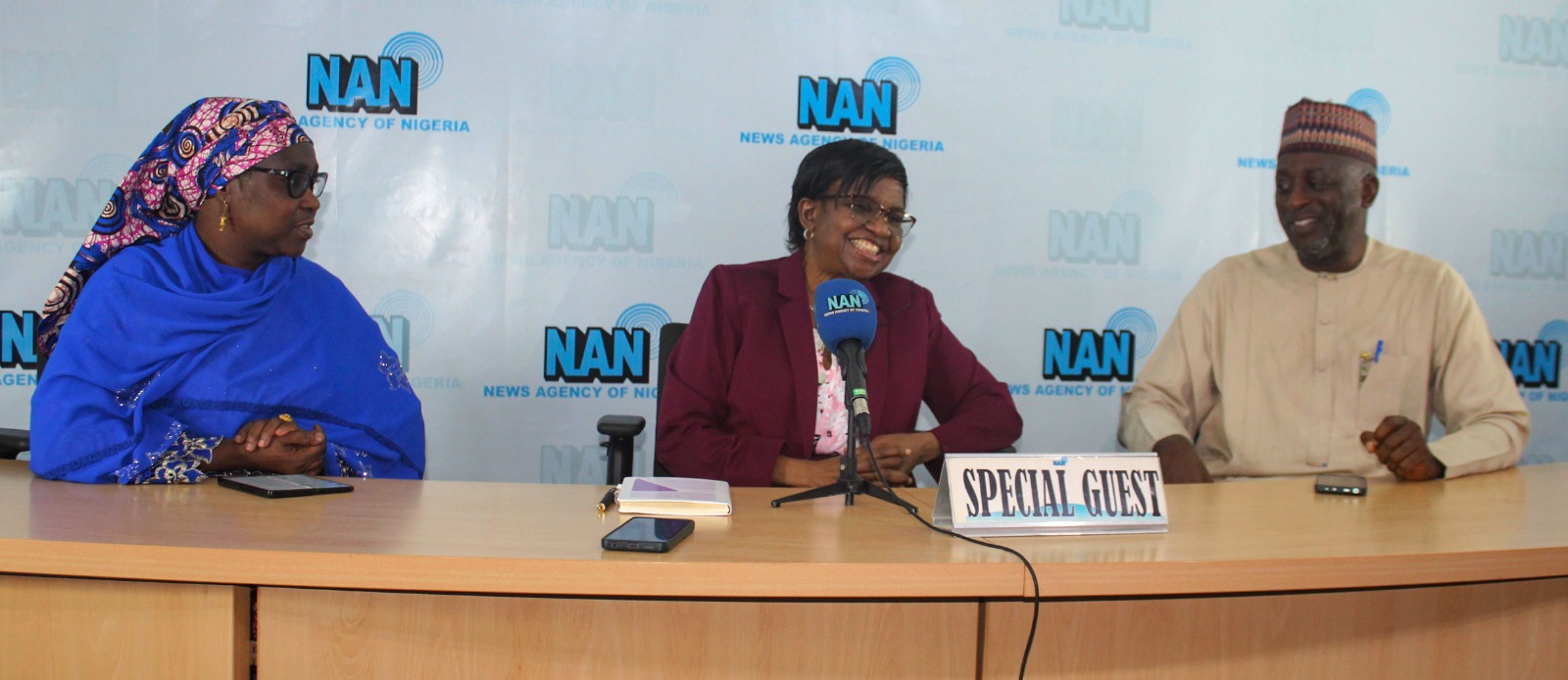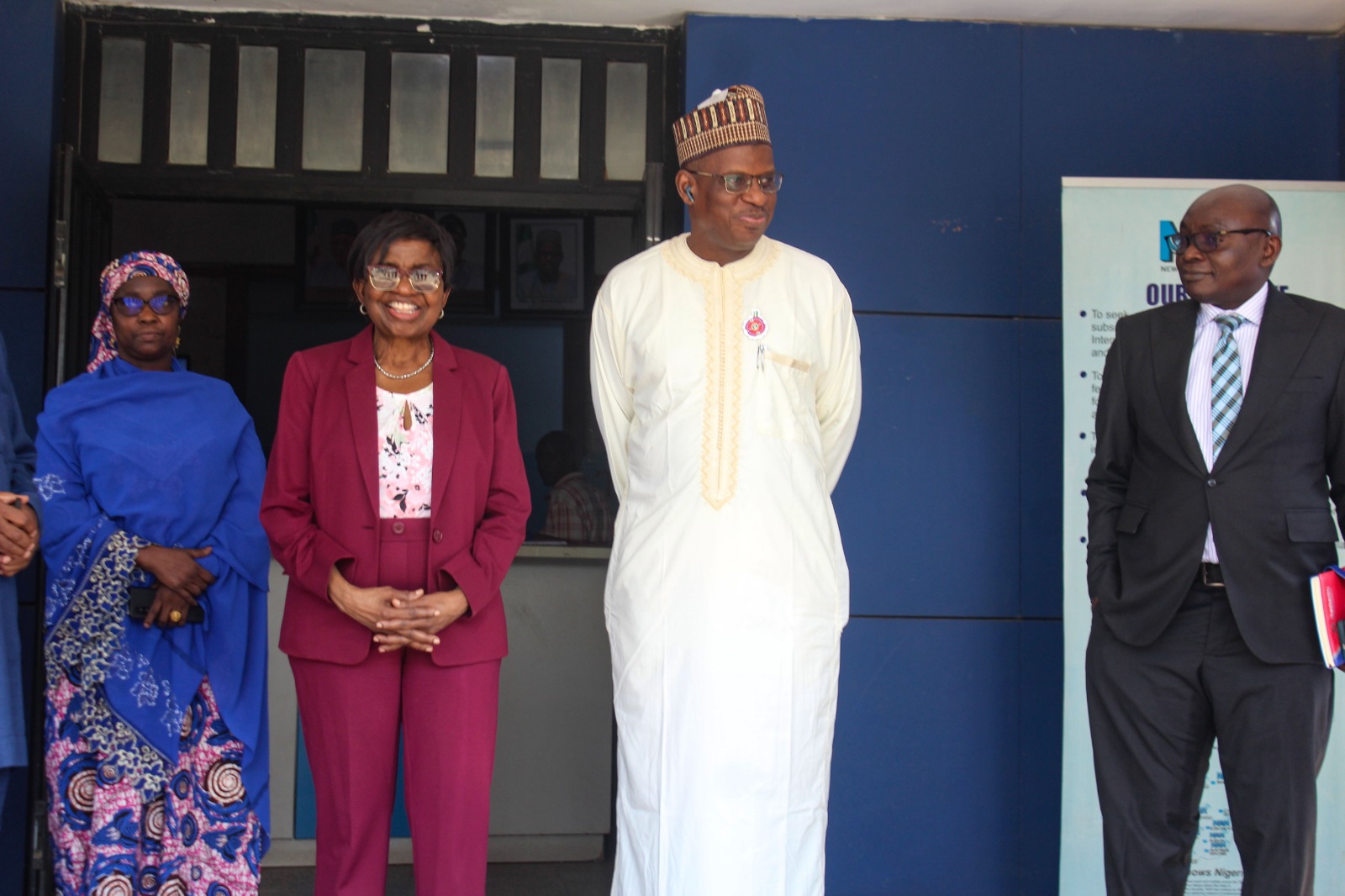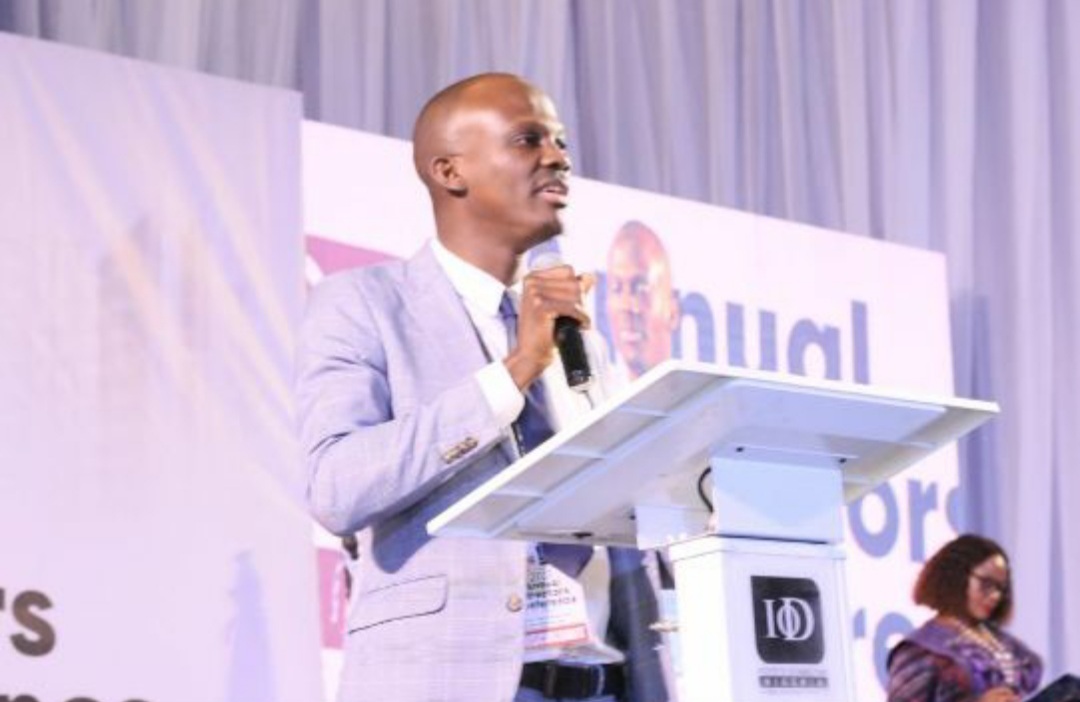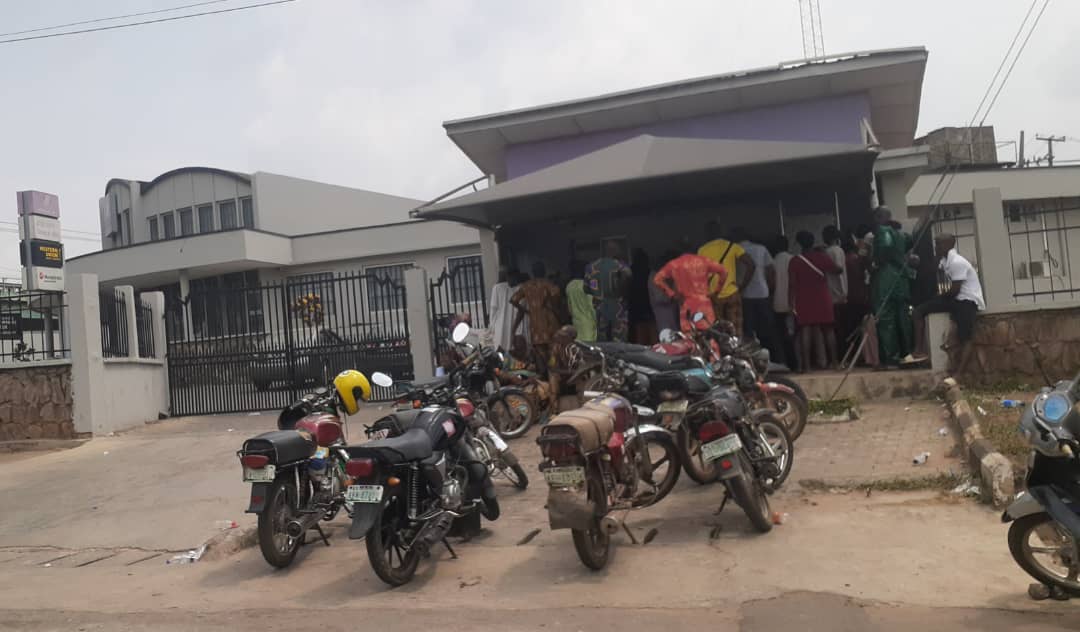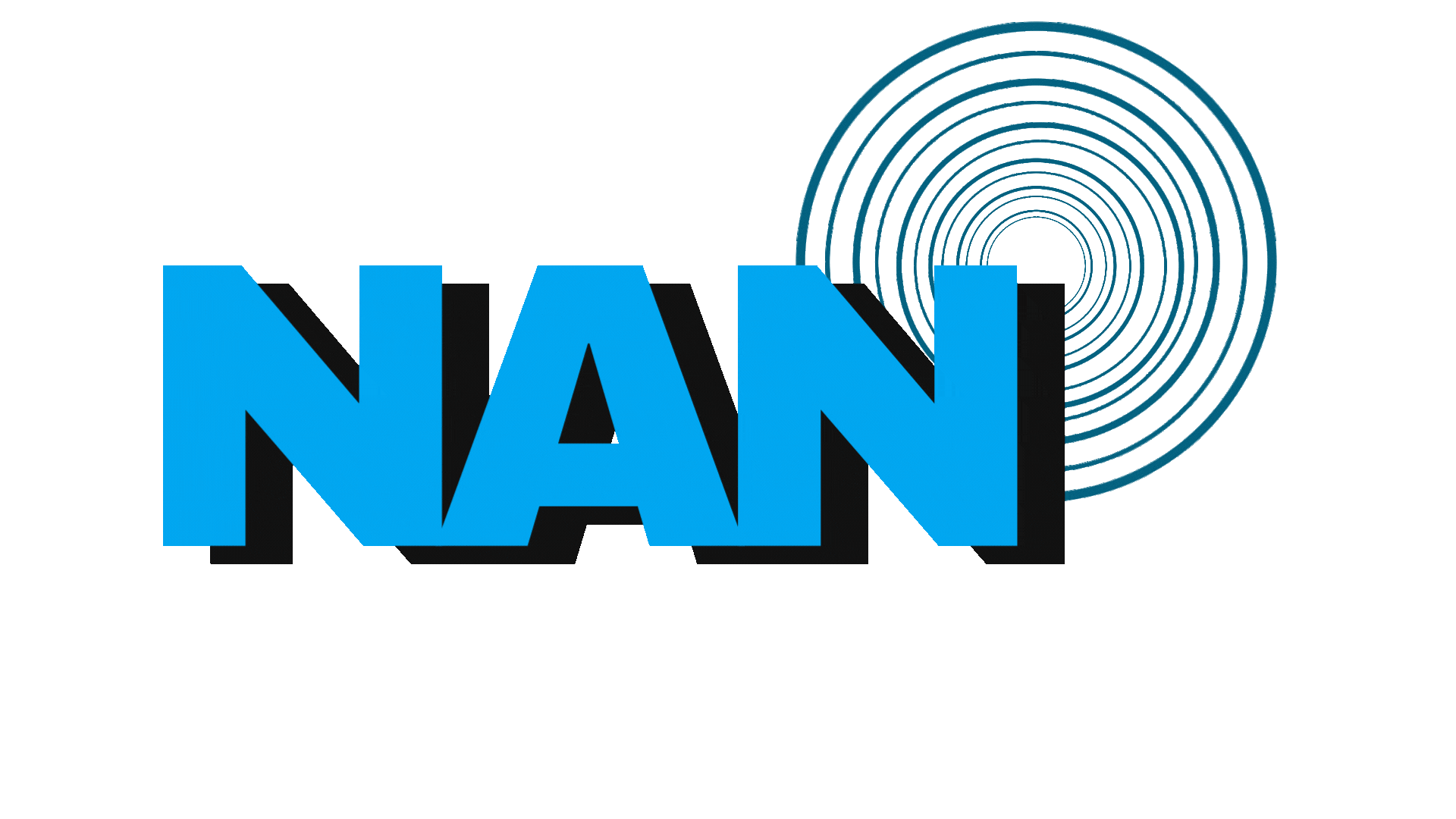1,033 total views today
By Ibukun Emiola (News Agency of Nigeria)
A father of two and an artisan, Mr Sola Famakinwa, lamented how the recent poor banking services in Nigeria have negatively affected his business, leading to untold losses.
Famakinwa is one of many Nigerians who have been frustrated and deprived of excellent digital financial services while using mobile or internet banking.
“Digital banking services are not too good at this time. My experience with my bank has affected my business negatively, especially since online banking services are very poor, one cannot do a transfer to customers due to network failure.
“Presently, we have a money transfer transaction that has been hanging for the past 3 days. This incident has made us lose our credibility with our customers,” Famakinwa said.
According to him, running day-to-day business activities has become difficult amidst economic challenges that have made life tough for common Nigerians.
Another respondent, a Civil Servant, Mrs Olanrewaju Idowu, said other negative aspects of digital banking services can sometimes discourage people.
“I can call the banking system a necessary evil because the rate at which they deduct money, called charges, is not encouraging at all, among other things,”
Also, a Staff of a private company, Gboyega Balogun said poor digital banking services affected his livelihood due to delays in online service and unfriendly customer service to complaints on failed transfers or declined PoS transactions.
“Most times the queues are much and people are choked up and discouraged when they are not attended to in a good way.
“Most people now use other apps like Moniepoint and Opay and they prefer them to going to the bank because these other apps don’t deduct their money unnecessarily without notice or knowing.
“Most banks deduct fees for digital banking services without ensuring customers know the reasons behind the action(s),” Balogun said.
Another respondent, a Banker, Mr Olaoluwa Sijuade, said he had a very bad experience with the digital banking services in spite of being a bank staff himself.
“I sent N3 million through Moniepoint into Guaranty Trust Bank and it took almost a month before it was successfully.
“Sorting this took much of my time and strength plus mental health, but we give glory to God it was sorted out successfully,” Sijuade said.
Regulatory directives to address the issue
Addressing this disruption, the Central Bank of Nigeria (CBN) has provided some policies and directives to address poor banking services.
According to the apex bank, banks must respond to customer complaints within 72 hours, adding that banks that fail to do so will be fined N100,000 per day.
But this directive has remained a mirage as many Nigerians have many unresolved complaints for months with no respite in sight.
A Trader at Sasa Market, Mrs Aina Ajagbe, said she had been coming to the bank for weeks over the same issue.
“Each time, I came I spent N2000 for transportation. Apart from wasting transport fare, I am also wasting time that I could have used to sell my goods each time I visit the bank,” Ajagbe said.
A Businessman, Mr Mayowa Olayinka, said a failed PoS Transaction transfer he did in September has yet to be resolved in spite of going to the bank several times.
“What the CBN said is only on paper but in practice, Nigerians are suffering untold hardship with how banks handle customers’ complaints on digital transactions, from poor customer relations to unresolved transfers among other things,” Olayinka noted.
In an interview with Mr Williams Uko, the Head of Strategy and Research, Nigeria Interbank Settlement System (NIBSS), said the apex bank has guidelines to reverse failed transactions immediately.
“Ideally, the bank has taken the money, and has kept it, right? There was a problem. It’s supposed to refund it immediately.
“But what some institutions do is, while they are still trying to reconcile, they hold on to the funds. That was what the CBN was kicking against.
“As soon as a message comes that it has failed, there should be an instant reversal, which oftentimes, it’s not,” Uko said.
Also, the Head of Digital Skills and Services, Nigerian Communications Commission, Mrs Hauwa Wakili, identified vandalisation as the biggest issue hindering connectivity.
According to her, vandalisation of connectivity infrastructure is now a criminal offence, adding that digital financial services require internet connectivity to make the services seamless.
“So, even the traditional banks that we used to know them, are adopting and are using improved, more innovative equipment that relies heavily on the internet.
“And that is why you see the demand for 5G technology because of speed and the volume of transactions,” she said.
Wakili stated that the 74 per cent financial inclusion that was achieved, which is also a modest improvement, was largely due to these digital payments.
“So, digital payments heavily rely on that connectivity and that is why we have also increased our collaboration with CBN.
“So, that again, we work together to harmonise wherever there is internet provision, there is digital infrastructure, there is connectivity, they also deploy their services.
According to her, the CBN and NCC report stated that 301 communities are still financially excluded, adding that the issue of vandalisation must be resolved so that it helped bridge the connectivity gap.
Experts’ opinion on the matter
A bank staff, who spoke on the situation, stated that the present disruption in the banking system was because the top five banks in Nigeria are changing their banking application almost at the same time.
He added that these banks serve about 80 to 85 per cent of the banking population in Nigeria.
“With the teething face that comes with upgrading or changing of banking applications, core banking applications at that, there is bound to be disruption in digital banking services.
“So that was what happened or what was seen in recent times. But by and large, I guess it will settle at some point. I hope it will be quickly too,” the banker said.
A FinTech Expert and Founder of Imalipay, Mr Oluwasanmi Akinmusire, said the financial sector in Nigeria has been facing many challenges in delivering seamless digital services to its customers.
“With a population as large as ours, you can tell that, ultimately, and unfortunately, we are still dealing with a lot of exclusion from financial services.
“One major factor that makes this so is the continuous loss of talent to other countries. Chiefly, the very best minds in technology who are supposed to drive innovation and stability in the sector from a service delivery point of view.
“We don’t have to go too far to ask why this is so. These talents have decided to make other countries their home, thereby leaving a serious gap that becomes challenging to fill,” Akinmusire said.
He stated that it was pertinent that a more deliberate approach be taken which would be to ensure “our talents” which are Nigerian technological experts and professionals, are sold into the vision of Nigeria.
“It is not enough to offer large salaries anymore. With the world becoming smaller every day through technology, the competition is becoming steeper for the scarce talents out there,” Akinmusire said.(NAN)
***This report is produced under the DPI Africa Journalism Fellowship Programme of the Media Foundation for West Africa and Co-Develop.




